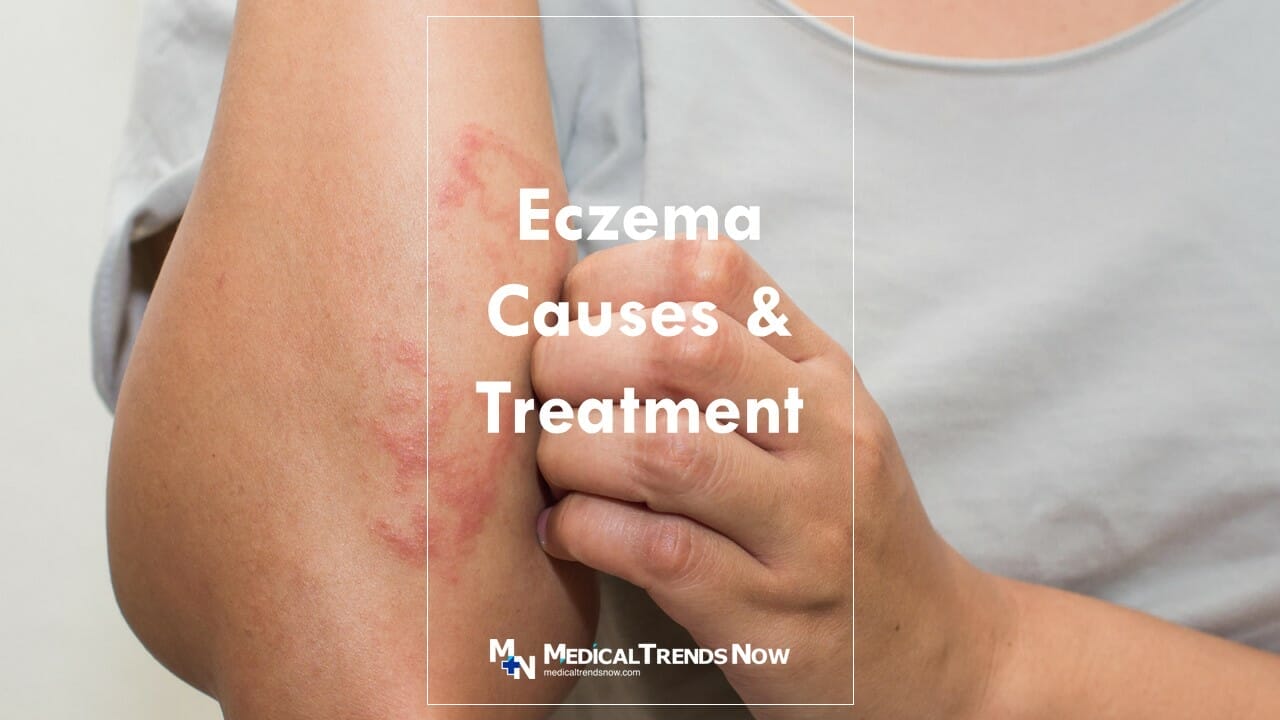Table of Contents
Eczema is a condition among Filipinos that causes the skin to become itchy, dry, and cracked. It can be a real pain, especially when it gets infected. Eczema is more common in children than adults, but it can affect people of all ages. There is no cure for eczema, but there are treatments that can help relieve the symptoms.
What Is Eczema?
Eczema is a skin condition that causes the skin to become red, itchy, and inflamed. It is a chronic condition that can be difficult to treat. There are many different types of eczema, and the exact cause is unknown. However, it is believed to be due to a combination of genetic and environmental factors. Treatment for eczema typically involves using moisturizers and anti-inflammatory medications.
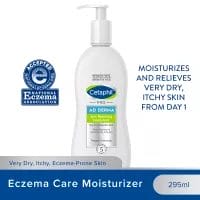
Types Of Eczema In The Philippines
There are various types of eczema that people can suffer from. The most common type is atopic dermatitis, which is often seen in children. This type of eczema is characterized by dry, itchy skin that can become cracked and inflamed. Another type of eczema is contact dermatitis, which occurs when the skin comes into contact with a substance that irritates it. This can happen by using certain soaps or detergents. Eczema can also be caused by a fungal infection, such as an athlete’s foot.
There are three primary types of eczema:
- atopic dermatitis
- contact dermatitis
- nummular eczema
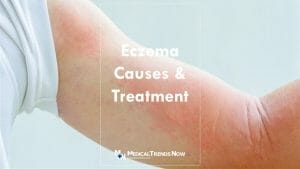
Atopic dermatitis is the most common form of eczema and tends to run in families. It is a chronic skin condition that affects millions of people worldwide. It often begins in childhood and can be triggered by environmental factors such as pollen, pet dander, or dust mites.
Contact dermatitis occurs when the skin comes into contact with an irritant, such as a chemical or detergent, or from coming into contact with poison ivy or other plants.
Nummular eczema isis a type of skin inflammation characterized by coin-shaped lesions. The cause of nummular eczema is unknown, but it is thought to be related to an underlying immune system disorder. Nummular eczema is a relatively uncommon form of skin inflammation, affecting only about 2% of the population. The condition is more common in adults than children, and women are affected more often than men. Nummular eczema typically presents as round or oval-shaped patches of dry, scaly skin. These patches may be itchy or painful and can vary in size from a few millimeters to several centimeters. In severe cases, the lesions may crust over and bleed.
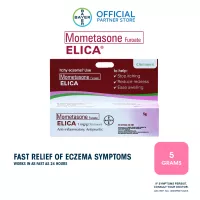
The Symptoms Of Eczema Among Filipinos
Symptoms of eczema include
- dryness
- itching
- red, inflamed skin
- and cracking of the skin
In severe cases, eczema can lead to scaly skin and open sores; the skin may also bleed or become infected. Eczema can be a chronic condition that flares up periodically.
The Causes Of Eczema In The Philippines
Eczema is a condition that causes the skin to become itchy, red, and inflamed. It can be a real pain, both physically and emotionally. There are many different factors that can cause eczema, including genetics, environment, and lifestyle.
People with atopic dermatitis often have a family history of the condition. They may also be more sensitive to environmental triggers, such as irritants or allergens. They may have a defect in the skin barrier, which allows irritants and allergens to penetrate the skin and trigger an inflammatory response. Immune system dysfunction may also play a role in atopic dermatitis by causing an overreaction to triggers.
For some people, eczema is simply a matter of dry skin. This can be caused by weather conditions, such as wind and cold temperatures. It can also be caused by harsh soaps, detergents, or overwashing. If the skin is not properly moisturized, it can become dry and cracked, leading to eczema.
Other types of eczema can be caused by contact with irritants, infections, stress, and hormonal changes.
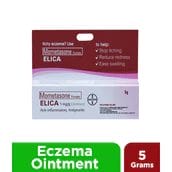
The Treatments For Eczema
There is no cure for eczema, but there are many treatments for eczema, but the most effective one depends on the severity of the eczema and the patient’s age.
For mild eczema, a moisturizer can be sufficient to relieve the symptoms. For more moderate to severe eczema, doctors in the Philippines often prescribe topical corticosteroids. Topical corticosteroids are the most common treatment for eczema. They are available in different strength levels and can be used on both the body and face. Corticosteroids work by reducing inflammation and itchiness.
Another common treatment for eczema is antihistamines. These can be taken orally or applied topically. Antihistamines block histamine, a substance your body produces in response to an allergen. This can help to reduce itching and swelling.
Light therapy is another treatment option that can be used for both mild and moderate eczema. Light therapy involves exposing the skin to ultraviolet (UV) light regularly. This can be done using a special lamp that emits UV light or by going outside for brief periods of time each day.
Light therapy can help improve the skin’s appearance and reduce itching and inflammation. It is typically used as a long-term treatment and may need to be done daily for several months to see results.
If topical treatments are not effective, light therapy may be recommended. Light therapy involves exposing the skin to ultraviolet light regularly.
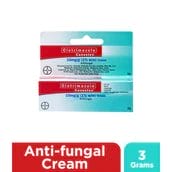
Tips For Managing The Condition
You’re not alone if you or someone you know suffers from eczema in the Philippines. This itchy skin condition affects over 30 million Americans. While there is no cure for eczema, there are ways to manage the condition and keep flare-ups at bay.
Here are some tips for managing eczema:
- Use a gentle cleanser: A harsh soap can strip the natural oils from your skin, making eczema worse. Gently cleanse your skin with mild soap and lukewarm water instead. Opt for a gentle, fragrance-free cleanser instead.
- Apply moisturizer immediately after bathing: This will help lock in moisture and prevent your skin from becoming dry and irritated.
- Avoid triggers: If you know what triggers your eczema flares, do your best to avoid them. Common triggers include stress, certain fabrics, and changes in temperature.
- Avoid irritants. Things like harsh soaps, detergents, and perfumes can trigger an eczema flare-up. If you must use these products, be sure to rinse them off thoroughly afterward.
- Wear loose-fitting clothing.
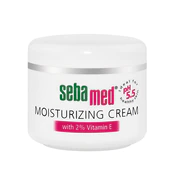
The Impact Of Eczema On Sufferers
Eczema can have a major impact on sufferers, both physically and emotionally. The physical symptoms of eczema, such as itchiness, redness, and inflammation, can be extremely uncomfortable. And because eczema is often a chronic condition, sufferers can sometimes feel like they will never get relief.
But it’s not just the physical symptoms that can be tough to deal with. Eczema can also take an emotional toll, causing anxiety, depression, and even embarrassment. This is because eczema can often be visible to others, leading to feeling self-conscious and isolated.
If you suffer from eczema, it’s important to know that you are not alone. Many resources and support groups are available to help you cope with the condition.
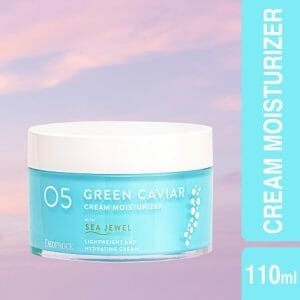
Complications Of Eczema
If you have eczema, you know how uncomfortable the itchiness and dryness can be. But did you know that eczema can also lead to other serious health problems?
Filipinos with eczema are more likely to develop skin infections. The scratches and cracks in the skin caused by eczema provide an entry point for bacteria. This can cause a bacterial skin infection called cellulitis. Cellulitis often starts as a small area of redness and swelling. If not treated, it can spread and become life-threatening.
Eczema can also cause hay fever and asthma. Filipinos with eczema are more likely to have these conditions than people without eczema. Hay fever is an allergy to pollen or other airborne substances. Asthma is a condition that affects your lungs and airways, making it hard to breathe.
Other potential complications include:
- Allergic reactions – Some Filipinos with eczema may develop allergies to certain substances, such as fragrances, dyes, or preservatives. These allergies can make symptoms worse.
- Skin cancer – Filipinos with eczema have a higher risk of developing skin cancer, which is still a rare complication.
- Vision problems – In severe cases of eczema, the inflammation can lead to swelling around the eyes. This can cause vision problems or even blindness.
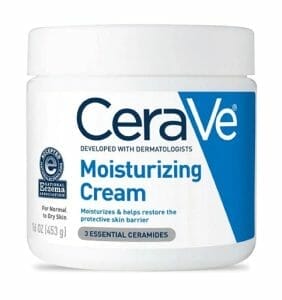
When To Get Help
If you have eczema, you know how difficult it can be to find relief. The itching, redness, and dry skin can be unbearable. You may have tried over-the-counter creams and lotions, but nothing seems to help. When should you seek professional help?
If you have eczema, it’s important to keep your skin moisturized. This can be done with over-the-counter products, but if they don’t work, you may need a prescription cream or ointment. Your doctor in the Philippines may also recommend oral medications or light therapy.
If home treatment doesn’t improve your symptoms, make an appointment with a board-certified Filipino dermatologist. He or she will examine your skin and ask about your medical history.
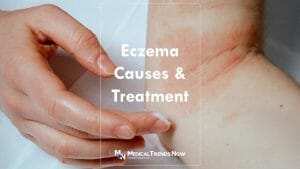
Which Filipino Doctor Can Help Treat Eczema?
If you’re struggling with eczema, you’re not alone. Eczema is a common skin condition that can be difficult to manage. Several over-the-counter and prescription treatments are available, but sometimes they don’t work. If you’re using a treatment and not seeing results, it may be time to seek help from a dermatologist.
A dermatologist can help you figure out what’s causing your eczema and develop a treatment plan that works for you. They may also be able to offer advice on managing the condition on a day-to-day basis. They may prescribe oral or topical corticosteroids if you’re dealing with severe eczema.
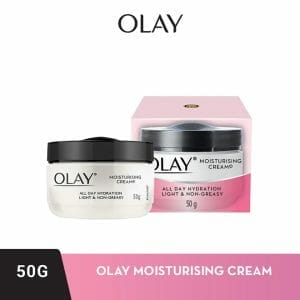
Risk Factors Of Eczema
There are many different risk factors for eczema, and it is important to be aware of them. Eczema is a condition that can be triggered by many different things, and it is important to be aware of the risks.
One of the most common risk factors for eczema is dry skin. When the skin is dry, it is more likely to crack and bleed, allowing bacteria to enter the body and cause an infection. Eczema can also be caused by allergies, and Filipinos with allergies are more likely to develop eczema.
Stress can also trigger eczema flare-ups. When the body is under stress, it produces more cortisol hormone. Cortisol can interfere with the skin’s barrier function, making it more susceptible to irritants and allergens.
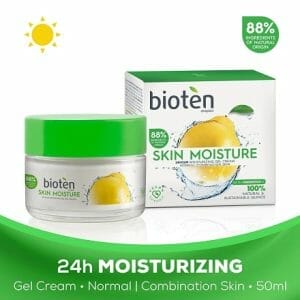
What Is Dyshidrotic Eczema?
Dyshidrotic eczema, also known as pompholyx, is a type of skin condition that causes painful and itchy blisters on the hands or feet. It can be very uncomfortable and annoying for those who suffer from this condition. The cause of dyshidrotic eczema is still unknown, but it is believed to be triggered by stress, allergies, certain metals like nickel and cobalt, and even weather changes. It often affects people in the Philippines between the ages of 20-40, but anyone can develop this skin condition.
The symptoms of dyshidrotic eczema are small red bumps that become filled with clear fluid as they grow larger before eventually bursting open and crusting over. The affected area may be very itchy and painful, making everyday activities difficult for sufferers.
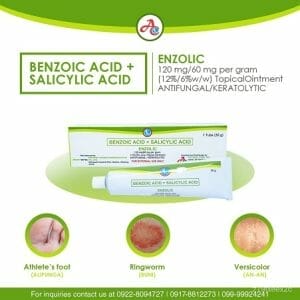
What Is The Difference Between Eczema and Dyshidrotic Eczema?
Eczema and dyshidrotic eczema are two skin conditions that cause red, itchy, dry patches of skin. Eczema is a general term used to describe a group of conditions that affect the skin, while dyshidrotic eczema is a specific type of eczema. While both share similar characteristics, such as redness and itching, they have several distinct differences.
The most obvious difference between eczema and dyshidrotic eczema is the location of the body where they occur. Eczema can appear anywhere on the body, while dyshidrotic eczema usually affects the hands or feet in adults. Their rashes also differ, with regular eczema patches appearing flaky and scaly, while those associated with dyshidrotic form blisters or vesicles filled with fluid.
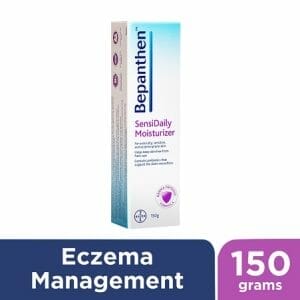
FAQs
Is There A Home Remedy For Eczema?
Eczema is a dry, itchy skin condition that can be difficult to treat. While there is no cure for eczema, some home remedies may help relieve the symptoms.
One home remedy for eczema is to use a moisturizer after bathing. This will help to lock in moisture and prevent the skin from becoming too dry. Another home remedy is to avoid triggers, such as fragrances, detergents, and certain foods. If you are unsure of your triggers, you may want to see a dermatologist for testing.
There is no guarantee that any home remedy will work for everyone with eczema, but it may be worth trying these simple treatments before resorting to medication.
Who Is At Risk Of Getting Eczema?
While anyone can develop eczema, there are certain factors that increase your risk.
You’re more likely to develop the condition if you have a family history of eczema or other allergies. Filipinos with asthma or hay fever are also at increased risk.
Certain environmental factors can trigger eczema flare-ups, such as exposure to irritants like soap or detergent, dust mites, pollen, and smoke. Extreme temperatures, either hot or cold, can also be triggers.
What Should I Ask My Doctor in the Philippines?
If you have eczema, you know how frustrating it can be to deal with dry, itchy skin. You may have tried lotions and creams, but nothing seems to help. If you’re looking for answers, your first step should be to talk to your Filipino doctor. Here are some questions to ask:
- What are the possible triggers for my eczema?
- Are there any specific things I should avoid?
- What kind of treatment do you recommend?
- How long will the treatment take to work?
- Are there any side effects I should be aware of?
- Will I need to take medication for the rest of my life?
- Is there anything else I can do to lessen my symptoms?
- Who can I talk to if I have more questions or need support?
Final Thoughts: What Causes Eczema Among Filipinos
In conclusion, eczema can be a real pain for those who suffer from it. It is important to understand the causes, symptoms, and treatments of the skin condition to manage it best. With proper care and treatment, managing eczema becomes easier and more manageable. It is always best to consult a Filipino doctor if you suspect you may have eczema or any other skin condition.
Sources: What Causes Eczema Among Filipinos
- Eczema: What It Is, Symptoms, Causes, Types & Treatment – Cleveland Clinic
- Atopic dermatitis (eczema) – Symptoms and causes – Mayo Clinic
- Atopic eczema – Causes – NHS
- Eczema – symptoms, causes and treatment | Southern Cross NZ
- What is Eczema? – National Eczema Association
- Eczema Causes, Symptoms & Treatment – American College of Allergy, Asthma & Immunology
- Causes of Eczema (Atopic Dermatitis) (for Parents) – Nemours KidsHealth
- Eczema Causes | Johns Hopkins Medicine
- Eczema – symptoms, causes and treatment | Southern Cross NZ
- Eczema – symptoms, causes and treatment – Healthdirect
- Atopic Dermatitis Treatment, Symptoms & Causes | NIAMS
- Eczema vs Atopic Dermatitis – Types and Causes – Family Doctor
- What Causes Eczema (atopic dermatitis) – Better Health Channel
Disclaimer
This website is intended to educate both members of the general public and those working in the medical field on the prevalence, causes, and methods for preventing, diagnosing, and treating diseases that affect people throughout their lives. This website’s content is provided solely for informational reasons and is not meant to serve as a substitute for the advice of a qualified medical practitioner.

